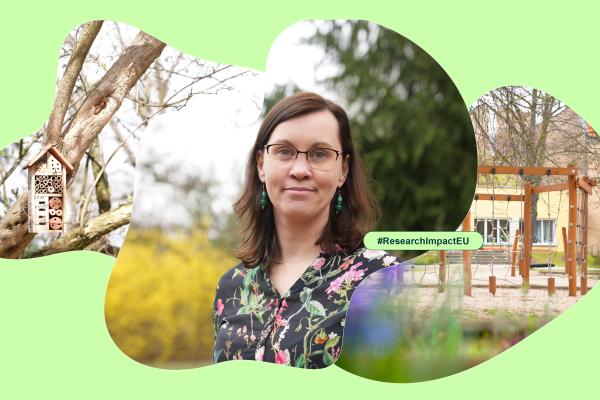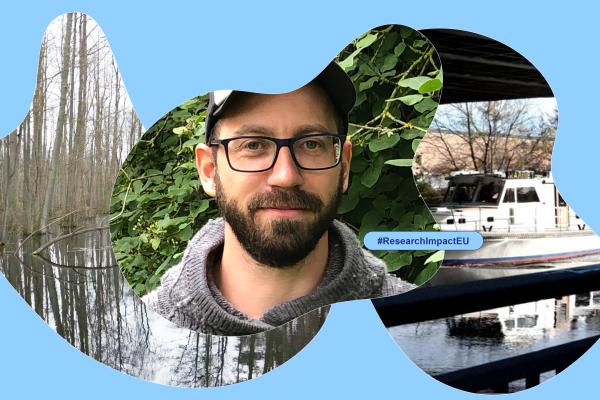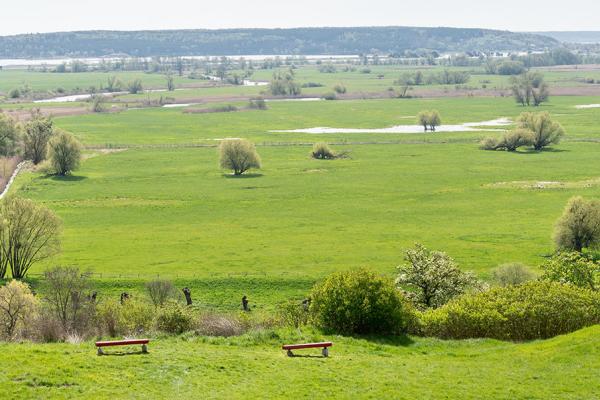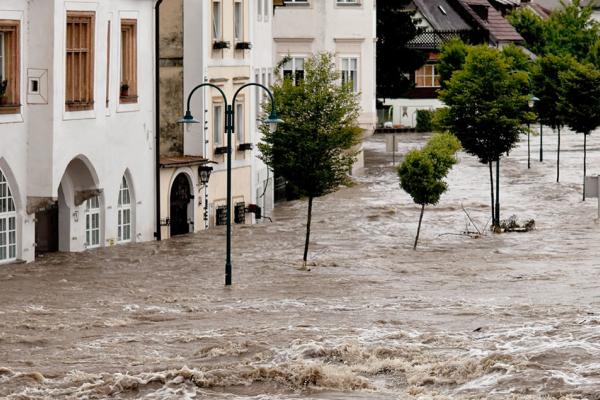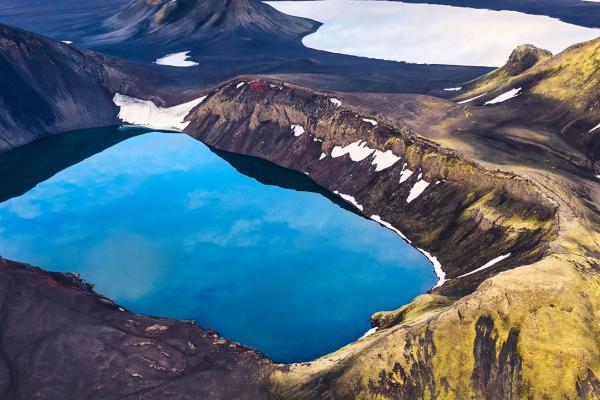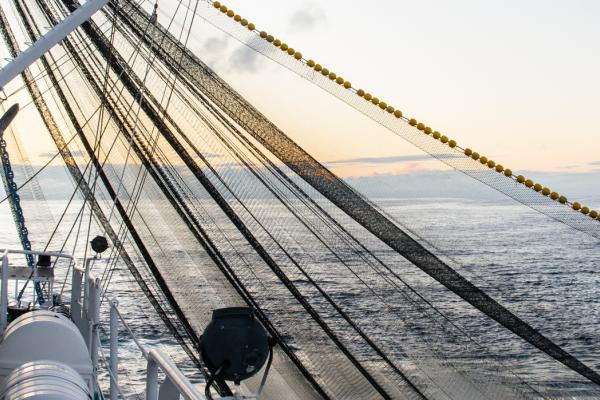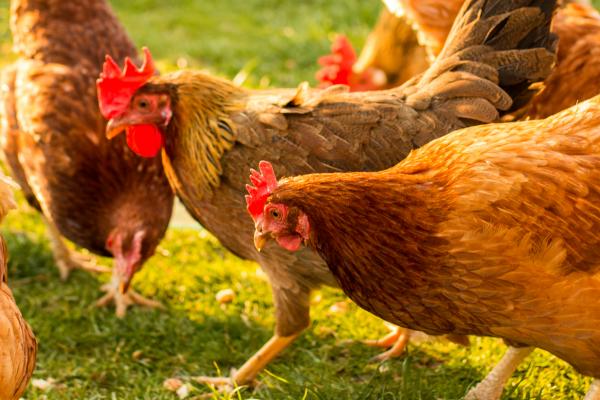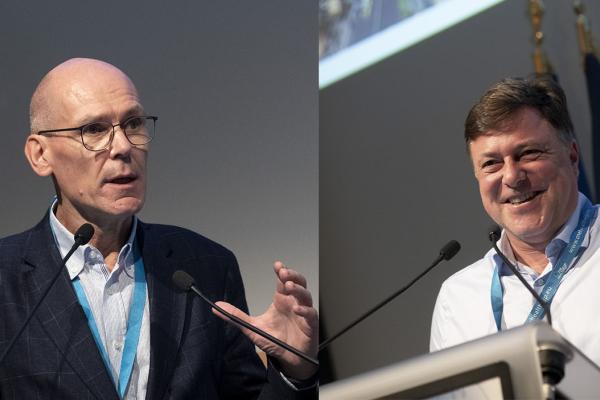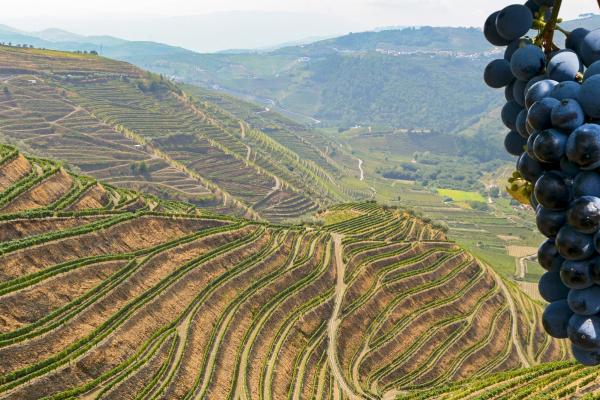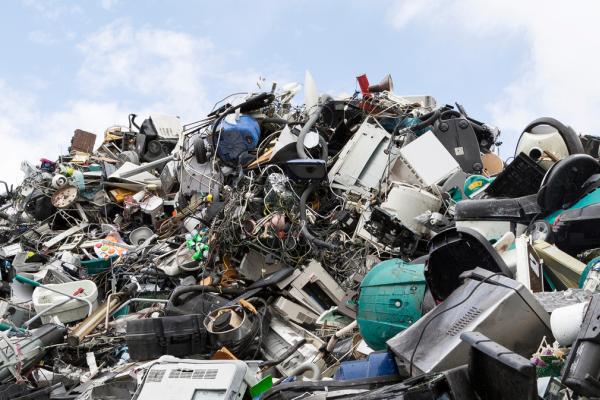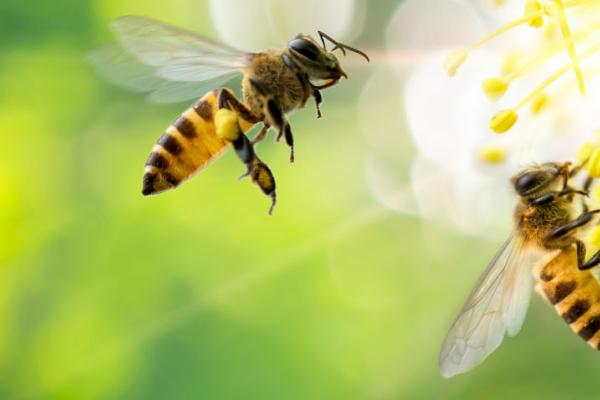Better use of grass-covered areas across the EU can protect nature and strengthen agriculture.
Artificial intelligence, which can already generate texts and mimic human speech, might also help the world prepare for the worsening effects of climate change.
Drawing inspiration from birds, fish and even worms, researchers in Europe are developing machines to explore places on Earth that are difficult for people to reach.
Sensors, “smart” buoys and high-tech traps can make fisheries in Europe more sustainable and profitable.
EU researchers are examining how bacteria, fungi and other microorganisms could boost the health of both plants and animals.
Understanding the deep connections among human, animal and environmental health is more important than ever, according to the two heads of a groundbreaking EU research project.
Europe is seeking to use emissions and residues from winemaking for new products ranging from animal feed to antibiotic alternatives.
Extracting gold, silver and other commodities from discarded goods has industrial, geopolitical and environmental benefits for the EU.
As it moves away from fossil fuels and towards climate-neutrality, the EU is placing strategic importance on the market for batteries and stepping up research in the field.
EU researchers are turning to the world’s top pollinator in an attempt to reverse biodiversity loss and help fruit growers.


